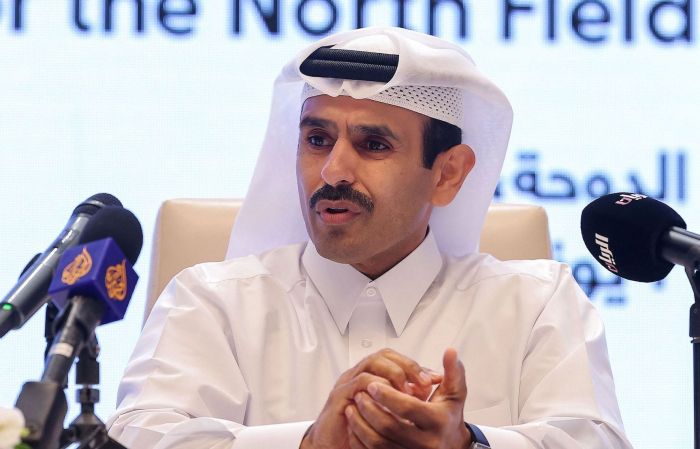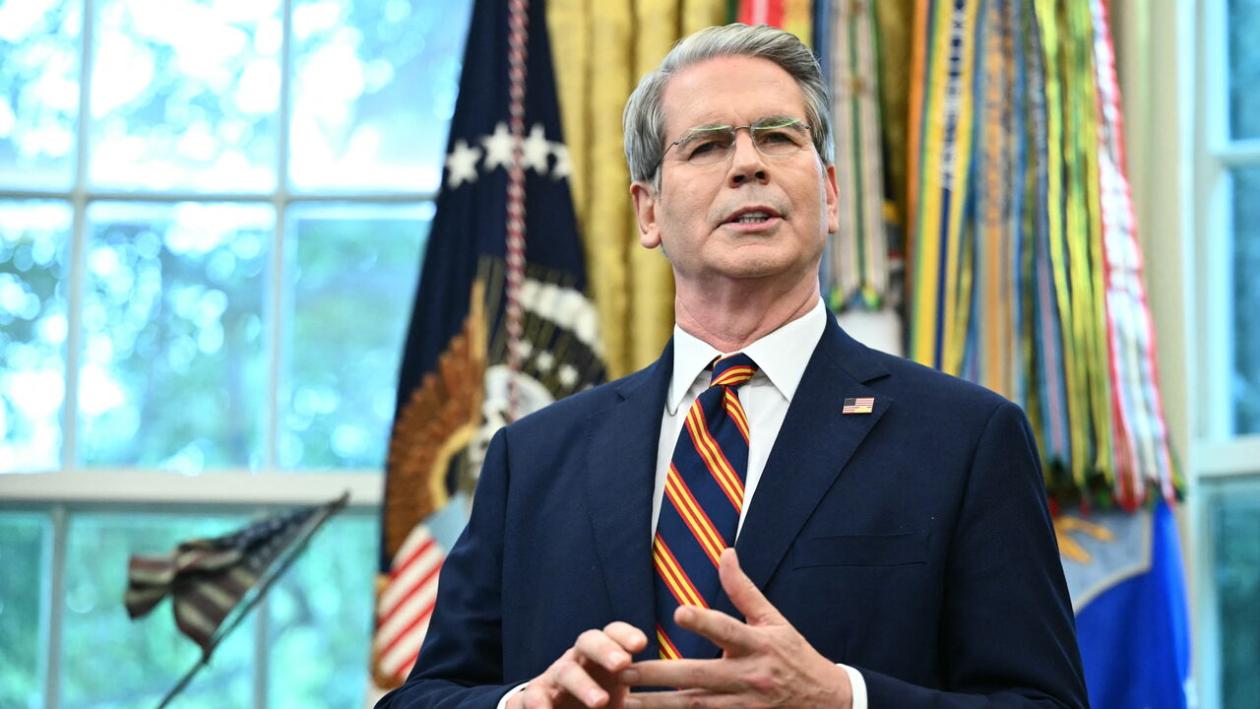
In the global energy pattern, Europe's energy supply has always been the focus of attention, especially after the conflict between Russia and Ukraine, Europe is trying to seek diversified energy sources to ensure its own energy security. However, on December 22, 2024, Qatar's Minister of State for Energy Affairs, Saad Kaabi, added a new variable to European energy supplies: If Qatar Energy is fined by the EU for violating corporate sustainability standards, Qatar will stop supplying LNG to the EU. Behind this incident, there are many deep-seated geopolitical and energy strategic games.
As a major global exporter of liquefied natural gas, Qatar plays a pivotal role in the European energy market. In recent years, in order to promote the green energy transition, Europe has developed a series of stringent corporate sustainability standards aimed at reducing carbon emissions and regulating the production and operations of energy companies. But the implementation of these standards could conflict with the interests and established production models of traditional energy suppliers such as Qatar. For Qatar, whose energy industry dominates the national economic structure, accepting the EU's possible high fines will cause serious damage to the national economic interests, and stopping the supply of natural gas has become a tough response to protect its own interests.
From a geopolitical perspective, the dispute reflects the complex relationship between Europe and the Middle East in energy cooperation. The EU seeks to strengthen its voice in global energy governance by setting standards, imposing its own values and environmental ideas on energy suppliers. Qatar, on the other hand, wants to maintain its independence and autonomy in the energy trade and does not want to be easily subject to EU rules. The escalation of this conflict could prompt Qatar to seek other energy market expansion, such as strengthening cooperation with Asian countries, thereby changing the flow of global LNG trade.
For Europe, Qatar's statement is undoubtedly a warning sign. Once Qatar stops supplying, Europe will face a serious challenge of gas shortages, especially during the peak winter heating demand. Despite Europe's ongoing efforts to develop renewable energy, natural gas remains an integral part of its energy mix in the short term. This could force Europe to re-examine its energy strategy, including further tapping its domestic energy potential, accelerating research and development of energy storage technologies, and more actively building partnerships with other potential energy suppliers.
The dispute could also have a volatile impact on international energy market prices. Uncertainty over Qatari gas supplies will raise concerns over LNG supplies, driving prices higher. This will not only increase the cost of imported energy in Europe, but also have a knock-on effect on the economies of energy consuming countries around the world.
In this incident, diplomatic communication and consultation are particularly important. The EU needs to realize that when promoting sustainability standards, it should take full account of the actual situation and reasonable demands of energy suppliers, and avoid taking too strong unilateral action. Qatar should also actively engage in dialogue with the EU to find mutually acceptable solutions, such as technical cooperation to improve the sustainability of energy production to meet EU standards, rather than simply threatening to stop supply.
Overall, the dispute between Qatar and the EU over gas supplies and corporate sustainability standards is a microcosm of how geopolitics and energy strategy are intertwined in a new era. It will not only test the wisdom and diplomatic capabilities of both sides, but also have a profound impact on the global energy market pattern and international relations. The international community should pay close attention to the development of this incident and promote the two sides to resolve the dispute through peaceful and consultation in order to maintain the stability and prosperity of the global energy market.

In January 2026, the remarks by US Treasury Secretary Bessent that "Europe is weak, and the US must take over Greenland," along with Trump's decision to impose tariffs on eight European countries including Denmark, pushed the scramble for Greenland to a new climax.
In January 2026, the remarks by US Treasury Secretary Besse…
Less than three weeks into 2026, transatlantic trade relati…
On January 17, 2026, the Trump administration, under the pr…
When Musk set the goal of achieving a launch frequency of m…
A week after the largest nationwide protests in years, the …
Europe is currently facing a profound diplomatic and strate…